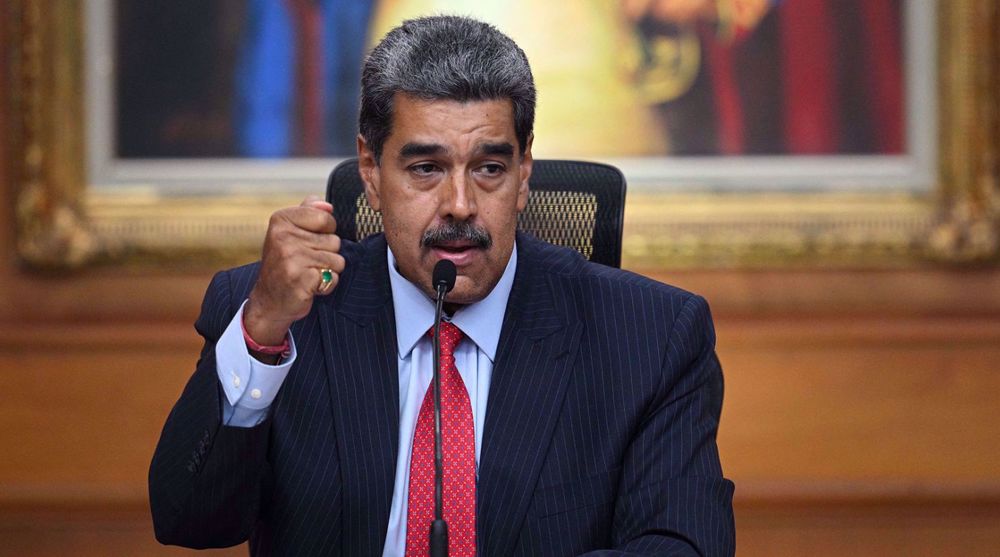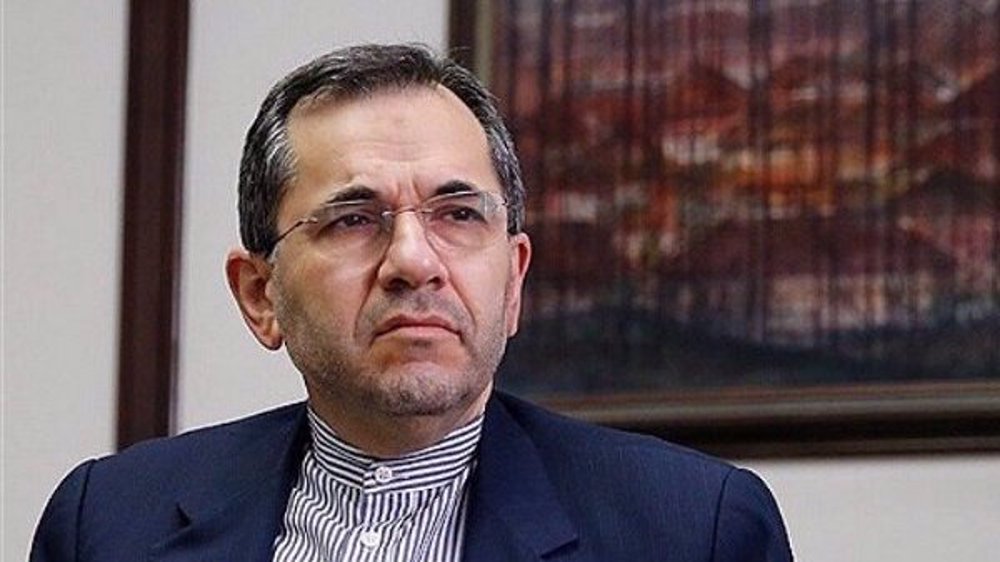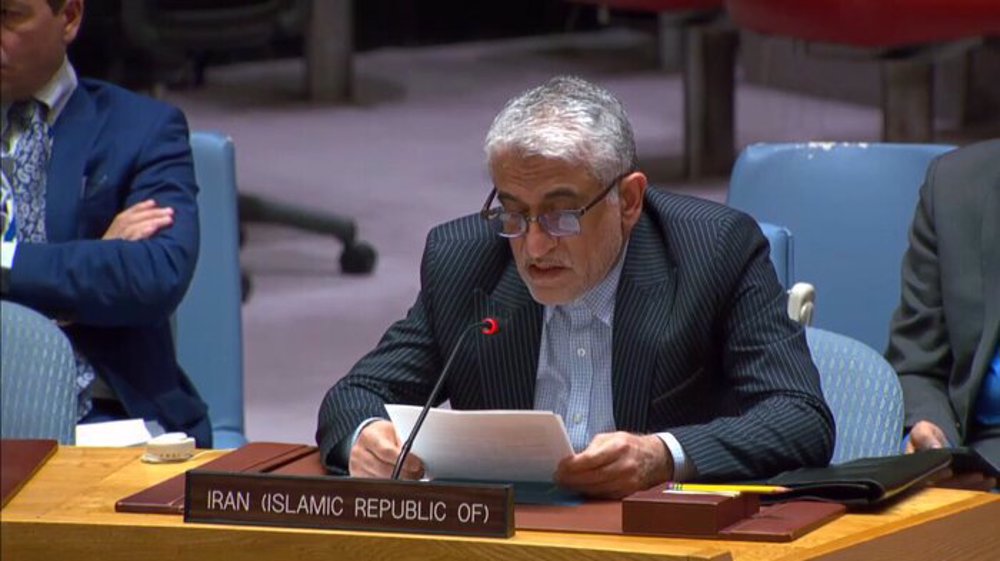Iran, China to boost health cooperation, fight COVID-19 based on strategic partnership deal: Spokesman
An Iranian Health Ministry official says the Islamic Republic will boost cooperation with China in various fields of health and medical education, particularly the fight against the deadly coronavirus pandemic, in line with a 25-year comprehensive strategic partnership agreement recently signed between the two sides.
"The articles related to health and medical education in the Iran-China strategic document, which was inked by the two countries' foreign ministers yesterday, will offer a bright prospect for the countries' cooperation and will be even a turning point for signing similar agreements with other countries and health systems in years to come," Kianoush Jahanpour, the spokesman for Iran Food and Drug Administration (IFDA), said in a post on his Twitter account on Monday.
بندهای مرتبط با #سلامت و آموزش علوم پزشکی مندرج در سند راهبردی ایران و چین که روز گذشته به امضای وزرای امور خارجه دو کشور رسید، چشم اندازی روشن در همکاری های دو کشور و حتی نقطه عطفی برای توافقات مشابه با دیگر کشورها و نظام های سلامت در سالهای آتی خواهد بود ... pic.twitter.com/lpcBH2fVt0
— Kianush Jahanpur, MD 🇮🇷 (@drjahanpur) March 28, 2021
In his tweet, he published those parts of the deal, which stress the importance of strengthening bilateral cooperation to contain COVID-19 and similar virus diseases.
Iran’s Foreign Minister Mohammad Javad Zarif and his Chinese counterpart Wang Yi signed the 25-year comprehensive strategic partnership agreement in Tehran on Saturday, marking a milestone in bilateral relations between the two countries.
The cooperation roadmap had been announced in a joint statement during a visit to Tehran by Chinese President Xi Jinping in 2016.
In his meeting with the top Chinese diplomat, Iranian President Hassan Rouhani pointed to achievements made by Tehran and Beijing in the fight against the deadly coronavirus pandemic and called for more Chinese vaccine exports to Iran.
In late February, Iran received 250,000 doses of Sinopharm COVID-19 vaccine from China as the country continues the nationwide vaccination of priority groups.
Besides exporting vaccines from other countries, including China, Russia and India, Iran has been working on domestic vaccines that are in the human trial phase.
Earlier this month, Iran unveiled a new COVID-19 vaccine developed by the Defense Ministry’s research center formerly headed by nuclear scientist Mohsen Fakhrizadeh, who was assassinated late last year.
The first phase in the human trial of the vaccine, dubbed Fakhra, was launched during a ceremony in Tehran on March 16, with Defense Minister Brigadier General Amir Hatami and Health Minister Saeed Namaki in attendance.
Fakhra was named to commemorate Fakhrizadeh, who played a leading role in the vaccine project as the head of the Organization of Defensive Innovation and Research (SPND) prior to his assassination on November 27, 2020, near Tehran in a terrorist operation apparently linked to the Israeli regime.
VIDEO | Hezbollah rains attack drones down on elite Israeli brigade
Leader: All captains of criminal, Zionist, terrorist gang must be prosecuted
Iran further raises its oil prices for Chinese buyers: Report
Iran to launch major pressure-boosting projects in South Pars
VIDEO | Escalation amid ceasefire talks
EU's Borrell says ICC arrest warrants for Israeli leaders binding
VIDEO | Press TV's News Headlines
VIDEO | Massacre in Pakistan’s Parachinar sparks outrage










 This makes it easy to access the Press TV website
This makes it easy to access the Press TV website